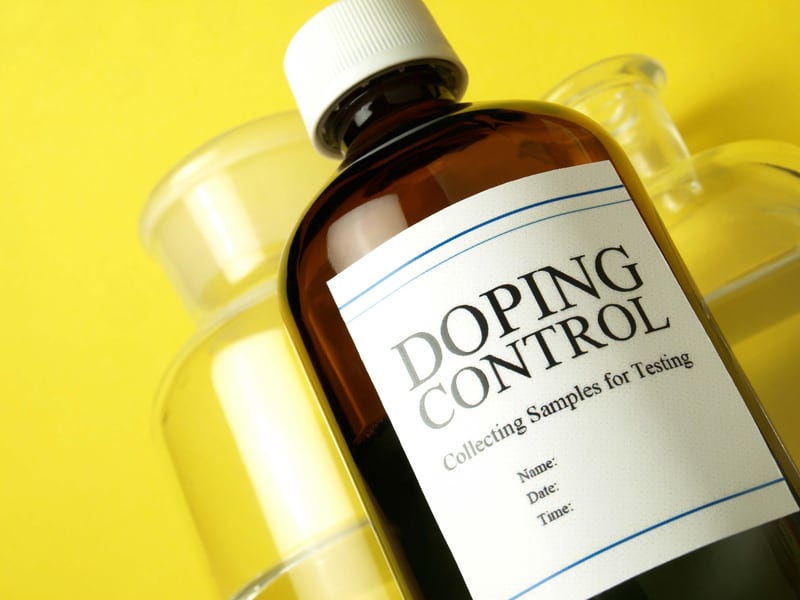John Brewer, pro vice-chancellor and professor of applied sports science at St Mary’s University, London, told event delegates at the Nutraingredients’ Sports Nutrition Congress last week (25th September) that the big problem in anti-doping is that some people ‘simply don’t care’.
“There are several people who don’t care if a product is bad for their health as long as it makes them look good.
“Not only do we see it at an amateur level, but even at a sporting level where we have people earning money through sport, they will be prepared to take a risk if it helps them get to the next level because the financial reward is so high.”
Luca Bucchini, vice-chair of the European specialist sports nutrition alliance (ESSNA), said non-compliant manufacturers were the small minority but they have the power to slam the reputation of the entire industry.
He added that this issue is probably most prevalent in non-professionals as they don’t have to worry about being tested.
Online retail: A growing issue
Bucchini noted that the growing importance of online retail is also having a huge impact on the issues of doping and spiking in sports nutrition.
“Many consumers buy products online assuming that they are under the same regulations as products in the shops but that’s not always the case because the legislation differs for the two platforms.”
Bucchini suggested manufacturers look into the ESSNA Kitemark which acts as proof of a company’s commitment to the code of conduct and consumer safety. ESSNA is running a campaign to make consumers aware of what this mark means.
He added anyone who wants the sports nutrition industry to remain lucrative needs to help take illegal products off the market by reporting to the authorities.
“Our role in the sports nutrition industry is to make sure sports nutrition brands aren’t selling illegal products,” he concluded.

